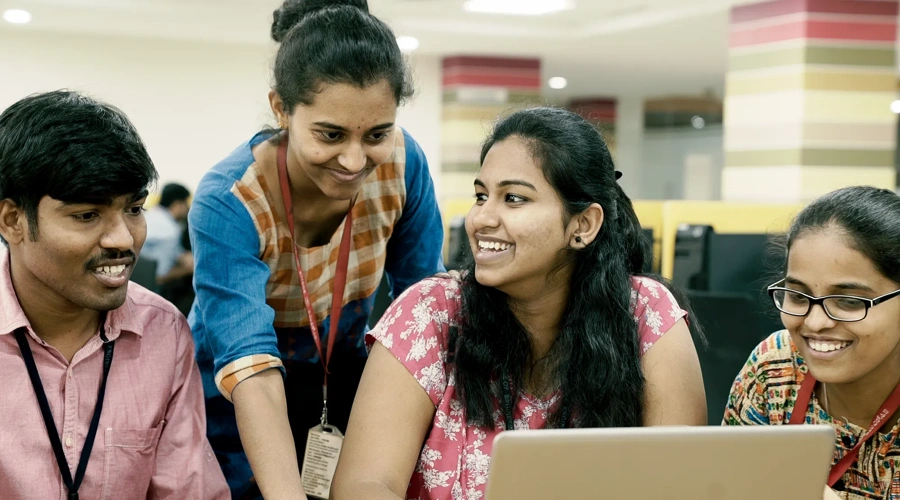Fast-Tracking Careers Through High School Internships
Overview
WeThinkCode equips youth with the tools they need to succeed in digital jobs, bridging the digital skills gap in South Africa.
Young people can earn an income and provide for their families while gaining valuable experience in the tech industry.
Rorisang Monatisa, who started with no coding experience, gained essential digital and communication skills, discovering endless possibilities through WeThinkCode.


